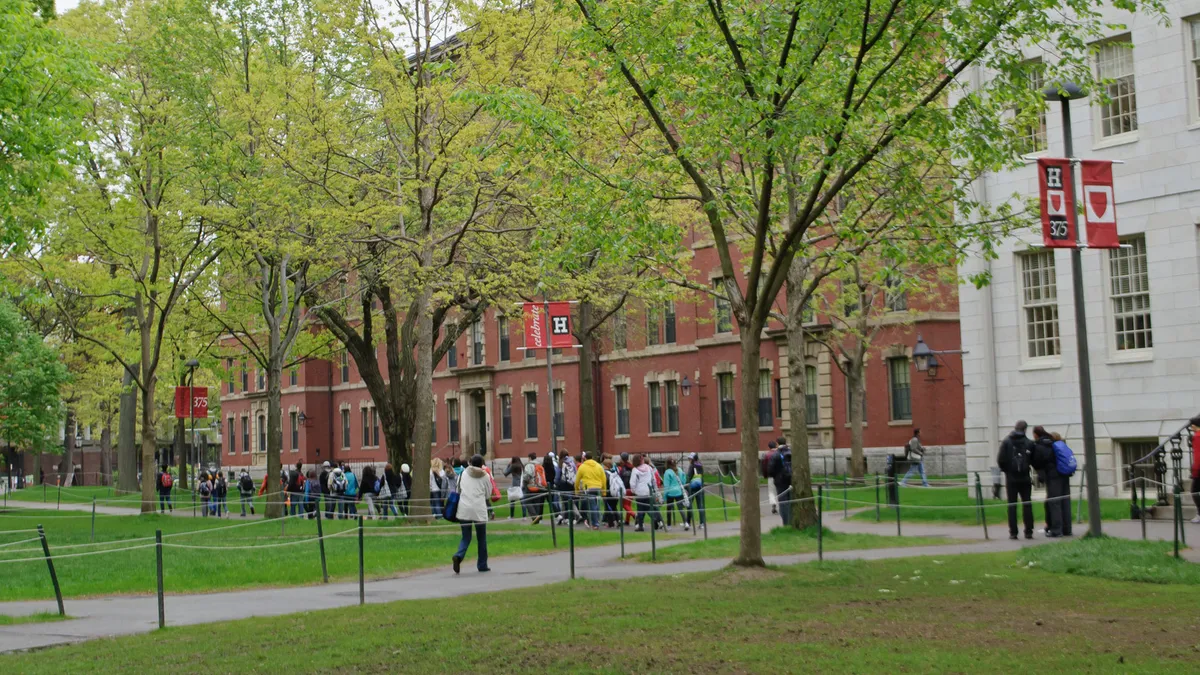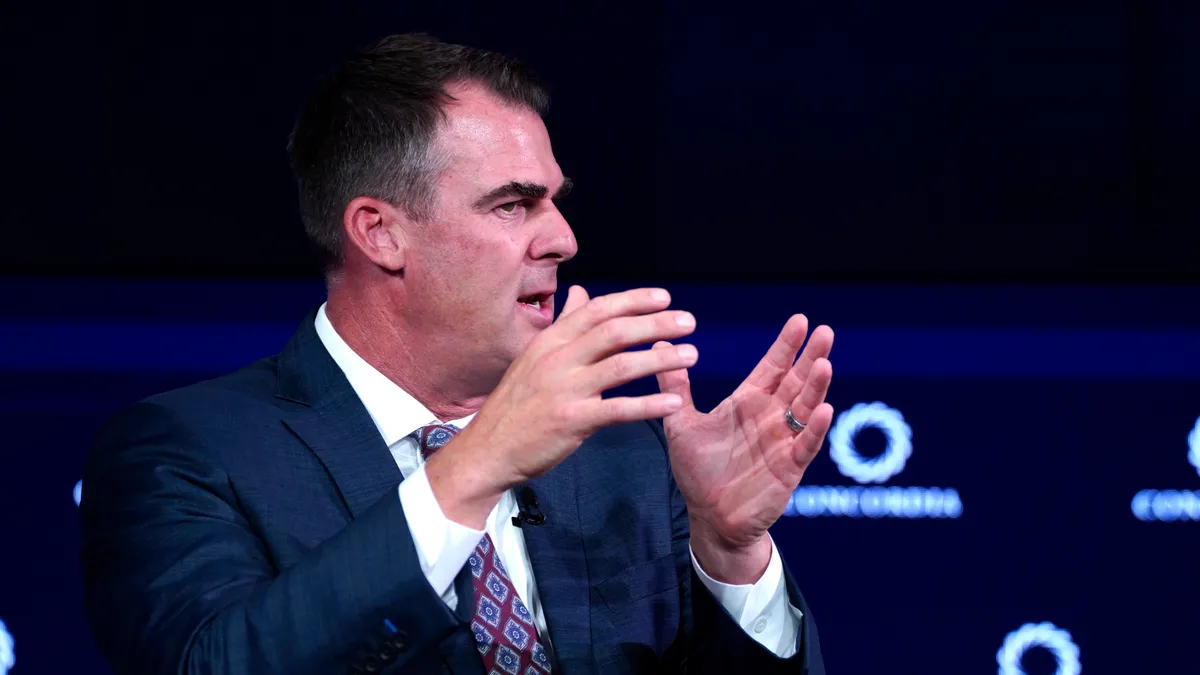Dive Brief:
- Two Ivy League universities, Harvard and Yale, last week each announced plans to offer coding boot camps in 2019 aimed at students in tech and the liberal arts as well as adult learners.
- Yale University will offer students a 10-week, two-credit web development course during its summer session in partnership with the Flatiron School, whose software engineering boot camp is the basis of the new course.
- And in March, Harvard will launch a part-time, 24-week certificate program through its Harvard Extension School in partnership with Trilogy Education Services, whose website states it works with about 40 universities to provide tech workforce skills programs, generally for working adults.
Dive Insight:
Business leaders have for some time complained the nation's educators are not training enough workers with the types of skills needed for the job place, particularly in the tech industry and related fields such as programming. In their announcement of the coding boot camp, Harvard officials pointed to research showing a large gap between the number of students earning tech degrees locally and the number of open jobs there requiring coding abilities.
Coding boot camps continue to grow in popularity, and more are pairing the depth and breadth of knowledge offered by traditional colleges with the scalable, skills-based training companies such as Trilogy and Flatiron provide.
The model took a big step this fall when The Make School, a San Francisco-based coding program, announced it got accreditation through Dominican University of California to offer a bachelor's degree in applied computer science. The Make School worked with more than two dozen Silicon Valley employers to develop the curriculum.
Colleges and universities should give these kinds of partnerships a serious look, Matthew Rascoff, associate vice provost for digital education and innovation at Duke University, wrote for Evolllution in June. Such programs' "intensity, flexibility and experiential learning" aspects can complement the offerings of four-year colleges, which in turn have closer ties to students and the rest of the curriculum than coding bootcamp operators do, he explains.
Those collaborations are promoted by Northeastern University President Joseph Aoun in his book "Robot-Proof: Higher Education in the Age of Artificial Intelligence" (MIT Press, 2018) and in a recent joint report from the National Academies of Sciences, Engineering, and Medicine. Northeastern, for its part, created its own data analytics boot camp, where students can earn credits applicable to some graduate programs.








